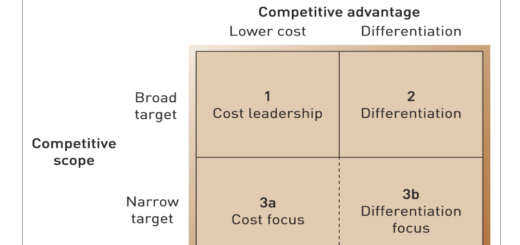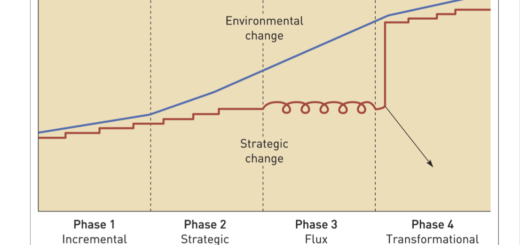Non-Financial Reward
Non-financial rewards refer to incentives or benefits that are not directly related to monetary compensation or financial gain. Instead, they focus on providing employees with intangible benefits that can enhance their job satisfaction, motivation, and overall well-being. Here are some key characteristics of non-financial rewards:
- Variety: Non-financial rewards can take various forms, including recognition, opportunities for personal and professional growth, flexible work arrangements, and a positive work environment. This variety allows organizations to tailor rewards to the unique needs and preferences of their employees.
- Intrinsic value: Non-financial rewards often have intrinsic value, meaning they are rewarding in and of themselves. For example, providing employees with challenging and meaningful work can be a powerful motivator, even if it does not come with a financial incentive.
- Subjectivity: Non-financial rewards can be subjective, meaning that their value is determined by the individual employee. For example, one employee may value recognition for their work, while another may prefer opportunities for personal and professional development.
- Emotional impact: Non-financial rewards can have a significant emotional impact on employees, which can lead to increased job satisfaction, engagement, and loyalty. For example, a positive work environment that fosters collaboration and mutual respect can create a sense of belonging and fulfillment for employees.
In conclusion, non-financial rewards can play a critical role in creating a positive workplace culture and enhancing employee motivation and well-being. Their variety, intrinsic value, subjectivity, and emotional impact make them an important complement to financial rewards in creating a comprehensive rewards package.



